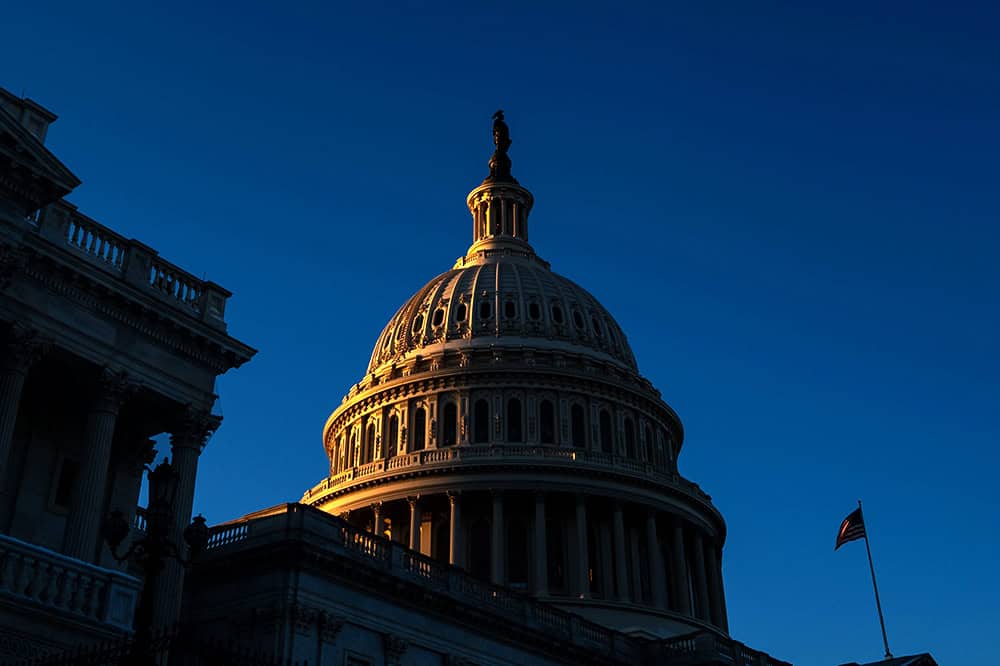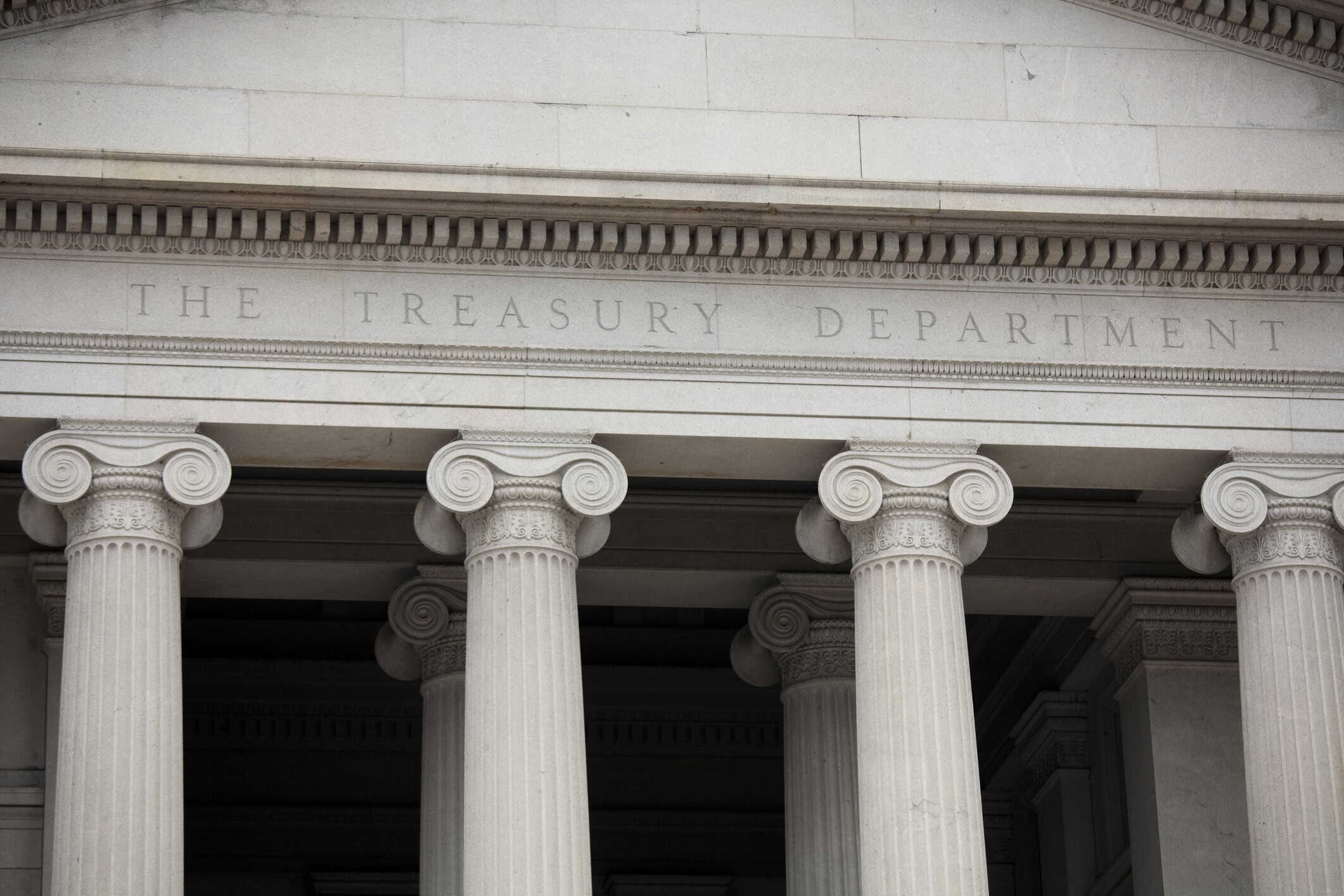No, it would be their reaction to trump's reckless application of tariffs that threaten to damage not just the U.S. economy, but economies all over the world.
I wasn't thrilled with that approach either, but I understand what his goals were by using tariffs as he has. That said, it is true that there have been quite a few nations which have gone to zero or minimal tariffs because of those actions.
Most world leaders look at trump as a toddler with a loaded gun.
This would be unsupported and subjective opinion combined with supposed mind reading capabilities, which I don't think you possess.
Debt load has no bearing on the government's ability to meet their obligations.
This is factually incorrect.
If what you are claiming were correct, then how can it be that the interest payments on the national debt is squeezing funding away from all the other programs?
This is exactly what's happening right now, and has been building for years already, surely only to get worse and more pronounced should the debt load continue to increase.
Sorry, no sale. I'm not buying your claims here.
I have been trying to explain to you that sovereign debt is different than household debt. When a person or a company takes on more debt, their ability to repay it is limited by their income, and their creditworthiness takes into consideration their current debt load when judging their ability to take on new debt. None of that applies for governments with their own currencies.
The only thing that can really hurt our economy is if other countries decide to stop buying American goods and services.
Considering how heavily imbalanced trade is, with the trade deficits and all, this also something Trump has highlighted.
A good analogy for this is your corner grocer. It is a near certainty that your household has a 'trade imbalance' with the grocer, as for sure that you are buying more from him than he is buying from you, yet, it doesn't impoverish your household that this exists.
And trump is trying his best to ruin our trade relationships.
Again, unsupported and subjective.
That's not an explanation of what you think could happen, or how it could happen.
Yeah, that was my point, in response to your claim that deficit spending flooded the economy with dollars and caused inflation.
As we have experienced post-COVID, a constrained and disrupted supply chain, dumping federal spending into the economy causes more dollars to chase the same amount of goods causes inflation.
Judging by some of your incorrect assumptions about the mechanics of federal finance and deficit spending, I think the confusion is yours.
Given your disputed claim about, that 'sovereign debt doesn't matter' (when clear it does), I'm not inclined to take your assertion above seriously.
Blaming the central bank for any and all economic hiccups is a favorite pastime of righty debaters who don't understand Fed mechanics.
Its not 'any and all economic hiccups' when the fed clicks its mouse, fabricates more currency in circulation, devaluing the currency, so your accusation doesn't apply.
I don't know who puts those ideas out there for their consumption, probably the Austrians, but that's all it is, scapegoating. It's where all the "End the Fed" nonsense comes from.
Where in any of my posts have I asserted or claimed "End the Fed"? Do please quote my post.
Oh, right. You can't, because I haven't. Tough luck there.



